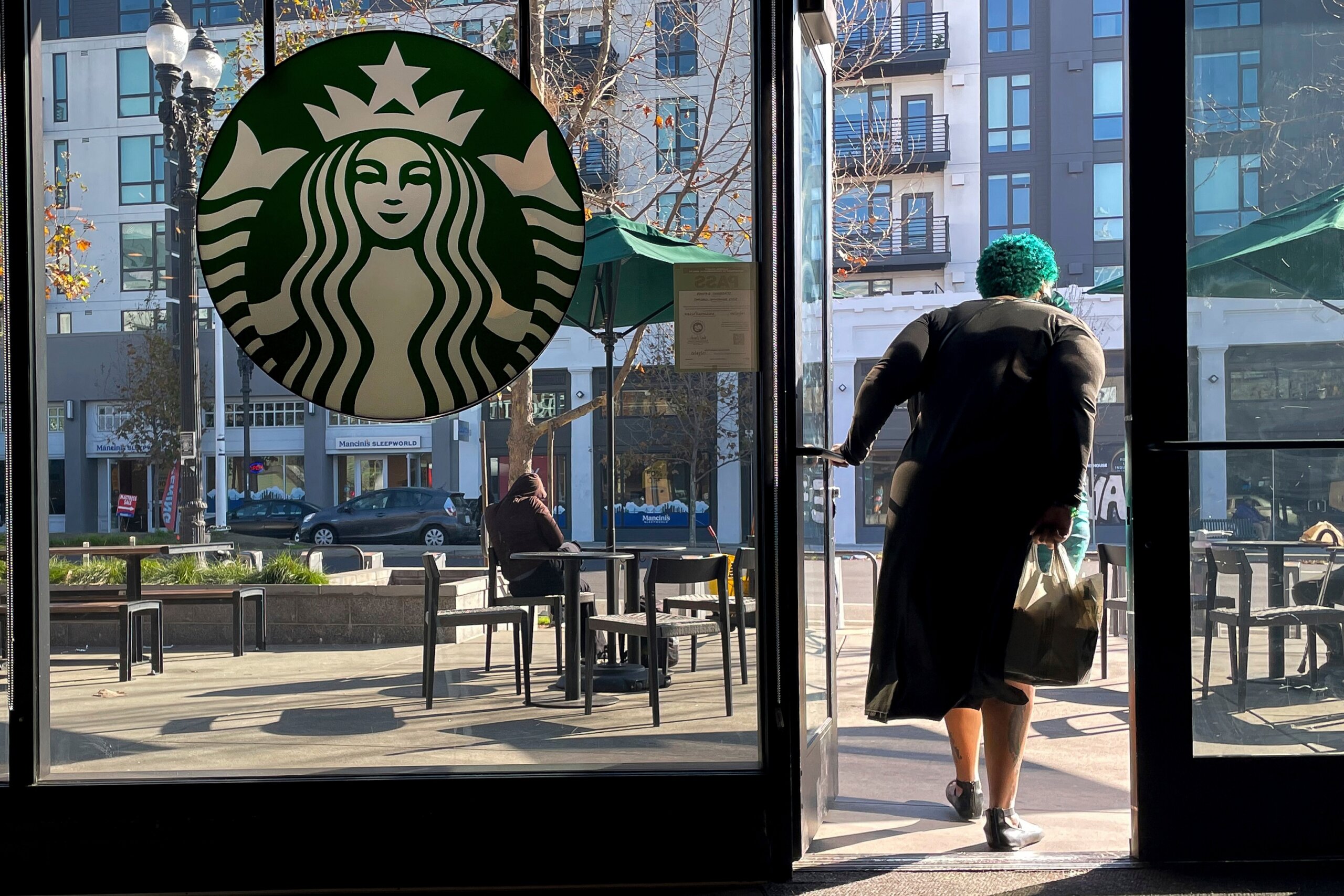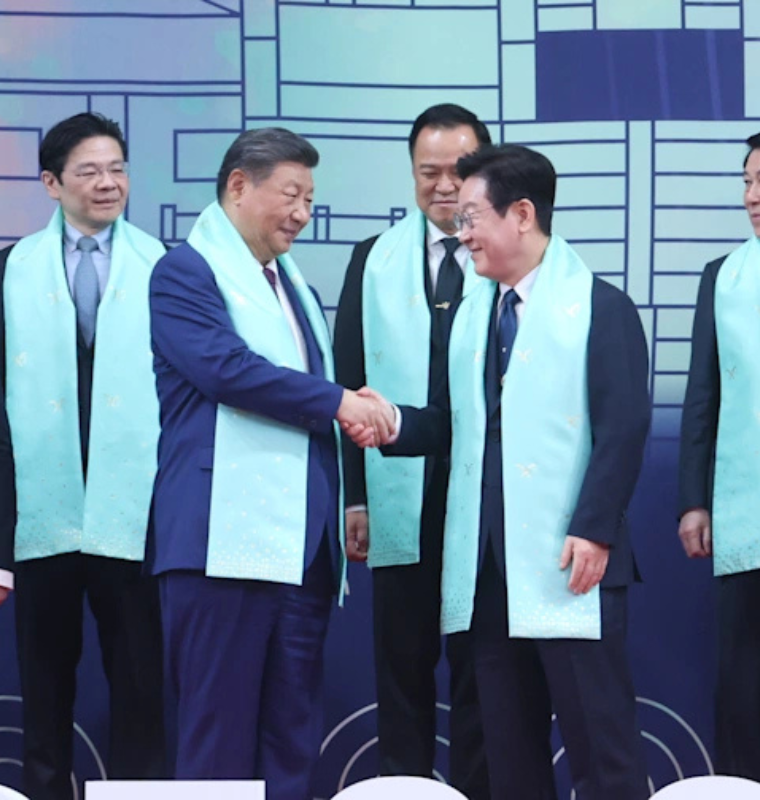Starbucks Taps Boyu Capital to Reshape Its China Business in $4 Billion Joint Venture
Starbucks Taps Boyu Capital to Reshape Its China Business in $4 Billion Joint Venture
By
Rachel Steinberg
Last updated:
November 4, 2025
First Published:
November 4, 2025

Photo: WTOP
Starbucks is taking a bold new step in China. The global coffee giant announced a $4 billion joint venture with Boyu Capital, a prominent Chinese investment firm, to operate its extensive network of stores across the country.
Under the terms of the agreement, Boyu Capital will hold up to a 60% controlling stake, while Starbucks retains 40% along with rights to license its brand and intellectual property. The partnership follows months of internal reviews and strategic evaluations aimed at revitalizing Starbucks’ performance in one of its most critical markets.
The deal, expected to close in the second quarter of fiscal 2026, values Starbucks’ China business at more than $13 billion—a valuation that includes its retained stake and anticipated licensing revenue. The transaction is still pending regulatory approval.
Starbucks’ China Challenge
China has long been a cornerstone of Starbucks’ global growth strategy. Since opening its first location in Beijing in 1999, the company has expanded aggressively to over 8,000 stores nationwide, making it Starbucks’ second-largest market after the U.S.
However, recent years have been challenging. The pandemic, followed by strict government restrictions and a wave of local competition, has eroded Starbucks’ dominance. Domestic rival Luckin Coffee—which now operates more stores than Starbucks in China—has captured market share with cheaper drinks, faster delivery, and stronger digital engagement.
In its fiscal fourth quarter, Starbucks reported that same-store sales in China rose 2%, supported by a 9% jump in traffic. Yet, profit margins have slipped as the company leaned on discounts to retain customers. The average ticket size has fallen, impacting overall earnings.
A Strategic Reset with Boyu Capital
The partnership with Boyu Capital is designed to bring local expertise and renewed momentum. Boyu, known for its deep understanding of Chinese consumer markets, will help Starbucks adapt to the country’s evolving coffee culture and competitive landscape.
“Building on our positive business momentum, our partnership with Boyu will enable Starbucks China to fully unlock the vast market opportunity,” said Molly Liu, CEO of Starbucks China.
Starbucks CEO Brian Niccol recently expressed confidence in the long-term potential of China, noting that the company’s goal is to expand to 20,000 or even 30,000 stores in the coming years—a figure that would triple its current footprint.
Global Brands Reassessing Their China Strategies
The Starbucks-Boyu partnership comes amid a broader trend of multinational corporations rethinking their China operations. Economic slowdowns, tighter regulations, and increased competition from local brands are prompting foreign companies to adjust their approaches.
Earlier this year, Restaurant Brands International, the parent company of Burger King, repurchased its struggling China business with plans to resell it to a stronger local operator. Meanwhile, McDonald’s doubled its stake in its China business to 48% in a move to capitalize on long-term growth prospects.
Looking Ahead
Despite recent headwinds, Starbucks still sees China as a key driver of global growth. The joint venture with Boyu Capital marks a significant shift in strategy—one that blends global brand power with local market expertise.
If the partnership succeeds, it could serve as a blueprint for other Western companies navigating China’s complex and fast-changing consumer landscape.
Starbucks’ bet on collaboration rather than control may ultimately prove to be its strongest blend yet.
Popular articles
Subscribe to unlock premium content
From Farm to Cup The Hidden Supply Chain Fueling Japanese Matcha’s Global Popularity

Glow Smart How Sleep-Optimized Lighting Is Transforming Wellness Into a $100 Million Industry

Ink and Income How Samoa Turns Traditional Tattoo Art Into a Thriving Tourism Experience

From Farm to Cup The Hidden Supply Chain Fueling Japanese Matcha’s Global Popularity

Glow Smart How Sleep-Optimized Lighting Is Transforming Wellness Into a $100 Million Industry

From Farm to Cup The Hidden Supply Chain Fueling Japanese Matcha’s Global Popularity









